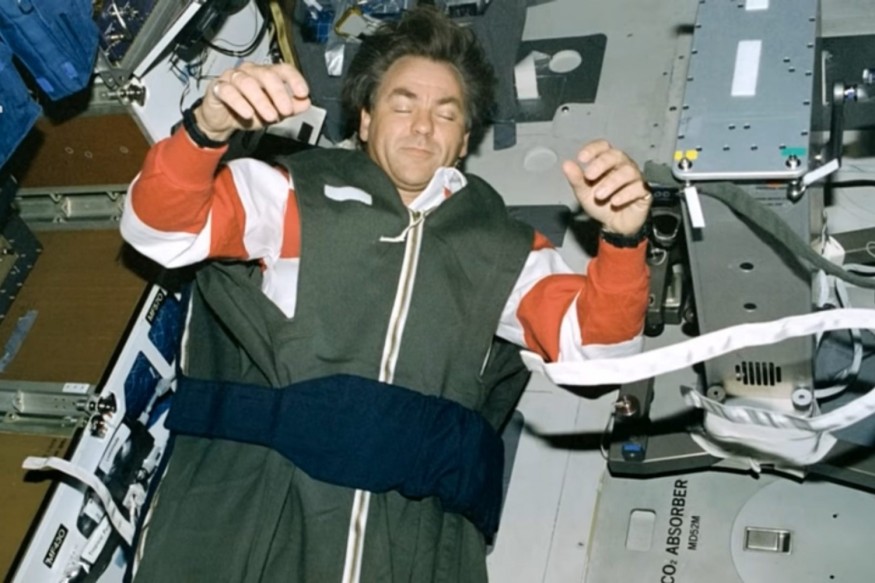Cosmonauts are one of the world's healthiest and strongest individuals. Before being allowed up in space, they are rigorously trained, vetted, and quarantined. Yet, they sometimes get sick despite all those precautions.

Space missions are planned far in advance on a strict schedule, and sick astronauts can not just pop down to Earth to see a doctor.
But they don't have to worry when astronauts fall ill. With Mars medicine, NASA and other space agencies that have missions aboard the ISS are ready.
What is Mars Medicine?
Scientists have now addressed the dilemma with a little modification, instead of bringing astronauts into orbit with a costly and finite supply of medication. That's when it comes to the possibility of developing medicine on the Red Planet.
One of the solutions that CUBES is working to build on is by utilizing the equipment and methods of synthetic biology.
The Food and Pharmaceuticals Synthesis Division (FPSD) is one of the CUBES divisions that study numerous approaches to better use naturally occurring species for pharmaceutical development.
FPSD proposed a seed stock model, according to Discovery Magazine. The seeds of a plant that has been genetically engineered to generate a therapeutic aim molecule are sent to the astronauts on the spaceship.
The astronauts could then cultivate the plants and eat them as soon as the human colony was formed on Mars, get the meds they need, remove the medicinal portion, purify it, and inject it just as medicines are usually eaten.
How Does Mars Medicine Work?
The FPSD uses an older method named agrobacterium transformation to grow these seeds, a procedure in which bacteria called Agrobacterium tumefaciens are used as a medium to deliver a mechanism of DNA expression into the plant genome.
This mechanism begins with a bacterium named Agrobacterium tumefaciens. According to NCBI, it is used as a vehicle to deliver a DNA expression mechanism into the plant's genome.
Scientists may stimulate the plant to generate a therapeutic protein by adding new DNA into the target plant that it wouldn't otherwise. Another strategy includes synthesizing genes that code on Mars for any medicine an astronaut may like, or choosing from a sort of DNA catalog, then explicitly injecting genes into the plant.
The system that CUBES implemented caused people question whether this will work on Earth as well. The manufacture of pharmaceuticals can be prevented by this technology. Still, the Agrobacterium Approach may be unlikely to be employed because it is ill-advised from a health and safety point of view.
However, this does not imply that CUBES research does not have the ability to improve the way people eat and develop things on Earth, especially when climate change is escalating, the global population is expanding, and natural resources are declining.
The Future of Space Medicine
Dr. Matthieu Komorowski, specialist in intensive care and anesthesia at Charing Cross Hospital in London, told CNN that looking at how emergency medical operations are conducted in these severe environments would often help determine which medical devices will be more helpful, the qualifications for any chief medical officers on board, and also the kinds of conditions they might face.
He claims basic medical skills instruction will need to be applied to the entire crew for a Mars mission.
Komorowski indicated that the crew might better detect and manage medical problems using artificial intelligence software, such as decision support systems. He added that the capacity to teleoperate surgical robots and conduct interventional procedures will also lead to this concept of assistance from beyond the spacecraft.
Check out more news and information on Space on Science Times.
© 2026 ScienceTimes.com All rights reserved. Do not reproduce without permission. The window to the world of Science Times.












